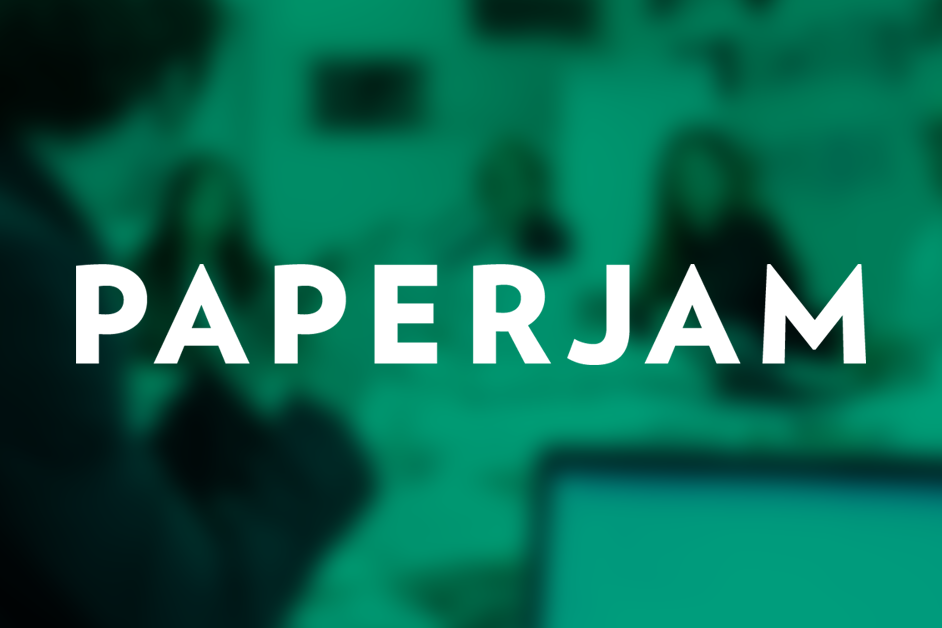Architecture has been largely characterised by a lack of clear positions, at a time when its challenging context demands increasingly strong gestures. As Kenneth Frampton recently highlighted, the recession of the educational and emancipatory moment of the modern discourse has made room for a neoliberal indifference, whereas technological modernisation has kept unravelling, posing novel socio-ecological challenges. Indeed, since the end of great narrations the majority of architectural production seems much less connected to theory. Theorising architecture has been increasingly preoccupied with architectural critique, and governed by institutionalised disciplinary frameworks whose pressure for scholarly evaluation generates a proliferation of “introvert” academic writings. At the same time, the multifaceted expressions of a “society of crisis” have produced a tendency in architecture and urban design to explore the potentiality of autonomy within these disciplines through a novel exploration of architectural syntax. Architectural theory seems to have lost its instrumentality, within a challenging context which demands the design disciplines to re-renegotiate their agency in the production of space.
Nevertheless, a new set of tendencies seems to refute Frampton’s statement: We can increasingly observe new attitudes which try to address architecture and urbanism in a more systematic – even sometimes ideological and doctrinal – way, engaging directly with the complexities of social, political and ecological challenges that characterise the recent state of globalised urbanisation. Within this shifting context, these attempts tend to integrate different kinds of research parameters into the design process, exploring the capacities of interdisciplinary approaches. Against the postmodern or post-historic “anything goes”, they promote a concordance of conceptualisation, methodological integration and critical action, interwoven with a renewed interest about the structural and typological formation of spaces. A new social and political influence of our discipline is again claimed, without thrusting aside the aesthetic dimension of architecture, or its formal expressions, but rather through their instrumentalisation into meaningful spatial interventions.
As the conditions within which architecture and urbanism are produced become more and more complex, and less and less stable, this attitude and especially its projective capacity is naturally vulnerable. To what extent is it able to take into account the complexities of the socio-political, economic, ecological and cultural aspects that characterise the production of space under globalised urbanisation? Which architectural and urbanistic approaches might fulfil the postulated social and political ambition? And which would be the consequences on writing about, and teaching architecture and urbanism?
We would like to discuss these questions with protagonists representing seminal paradigms within this broader tendency, confront their positions and engage them in oppositions with more sceptical actors. This dialogue of positions will take place on 31 March and 1 April in Schengen/Luxembourg. Outstanding theoreticians will give introductory lectures on the relationship between theory and the production of architecture and the built environment, followed by what promises to be a controversial but constructive debate. We do not wish to organise one more conference characterised by a sterile sequence of presentations, but a platform for interaction, or interference of statements in the tradition of the Venice Biennale Discussion of 1976, or the Charlottesville Tapes of 1983. The edited transcripts of the presentations and discussions will be well-documented and published subsequently as the “Schengen Tapes”.
L’événement se tiendra à la Valentiny Foundation.
Avec: Pier Vittorio Aureli, Anne-Julchen Bernhardt (BeL), Arno Brandlhuber, Gilles Delalex (Muoto), Manuel Gausa, Rania Ghosn, El Hadi Jazairy (designearth), Adrian Lahoud, Markus Miessen, Can Onaner, Peter Swinnen, Philippe Rahm, Pelin Tan, Milica Topalovic, Yoshiharu Tsukamoto (Atelier Bow-Wow), Paola Vigano et Jan de Vylder.
En introduction: Bart Lootsma, Laurent Stalder et Stephan Trüby
